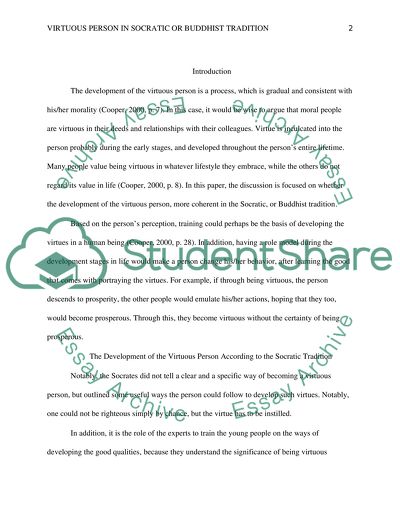Cite this document
(“Is the development of the virtuous person more coherent in the Essay”, n.d.)
Retrieved from https://studentshare.org/philosophy/1394179-is-the-development-of-the-virtuous-person-more
Retrieved from https://studentshare.org/philosophy/1394179-is-the-development-of-the-virtuous-person-more
(Is the Development of the Virtuous Person More Coherent in the Essay)
https://studentshare.org/philosophy/1394179-is-the-development-of-the-virtuous-person-more.
https://studentshare.org/philosophy/1394179-is-the-development-of-the-virtuous-person-more.
“Is the Development of the Virtuous Person More Coherent in the Essay”, n.d. https://studentshare.org/philosophy/1394179-is-the-development-of-the-virtuous-person-more.


